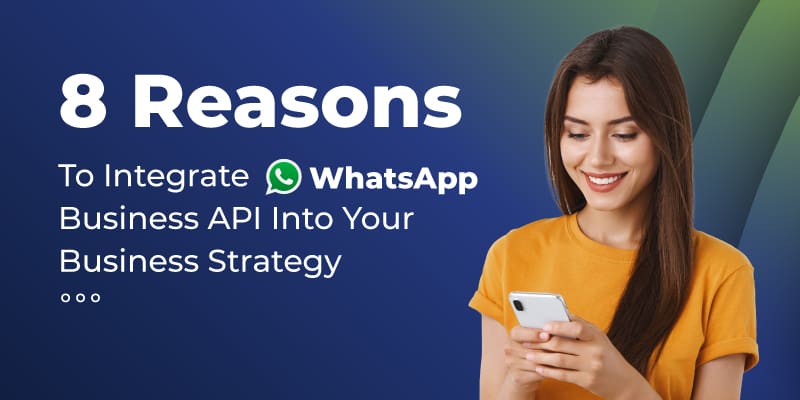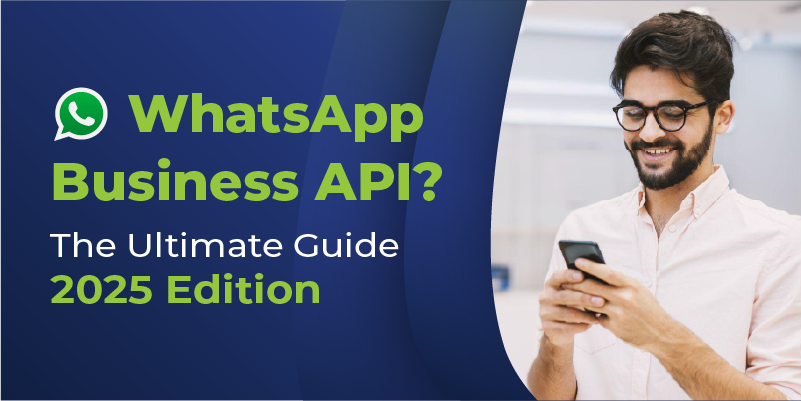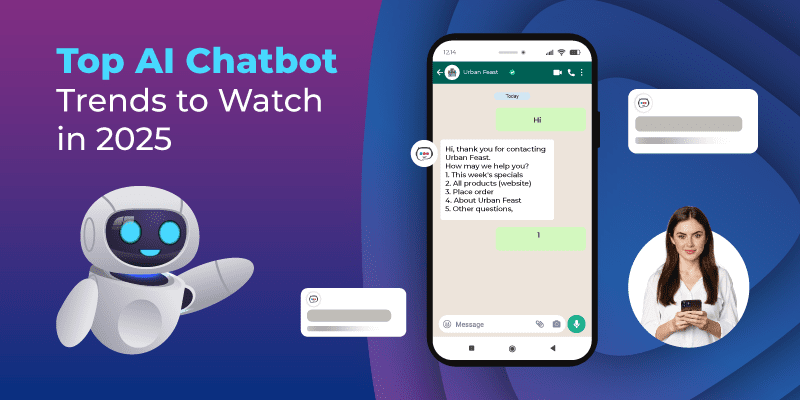For legitimate reasons, personalisation has gained much attention in the marketing industry. When executed well, it may transform how brands interact with their audience and increase sales. Personalisation, meanwhile, is not without its challenges. When attempting to understand their customers and make their marketing messaging more relatable, brands frequently run into the following problems:
Lack of data:
Without sufficient data about their audience, businesses may have a limited understanding of who they are trying to reach. This can make it difficult to tailor messaging to their target audience’s specific needs and preferences.


Diverse audience:
A business may have a diverse audience with different backgrounds, ages, genders, geographic locations, and other characteristics. This diversity can make it challenging to create a message that resonates with everyone in the audience.
Changing needs:
The needs and preferences of a business’s audience can change over time due to various factors, such as changes in the market, technological advancements, and shifts in societal norms. Keeping up with these changes and adapting messaging accordingly can be a challenge.


Competition:
In a crowded market, it can be difficult for businesses to stand out and create messaging that differentiates them from competitors. This can be especially challenging if competitors are also targeting the same audience.
Limited resources:
Businesses may have limited resources, such as time or budget, making it difficult to conduct in-depth research and testing to understand their audience. This can make it challenging to create effective and efficient messaging.

Despite these difficulties, personalisation is still a potent tool that can aid brands in strengthening their connections with consumers. Consider carefully weighing the benefits and drawbacks before deciding whether to use them in your marketing plan to ensure that it is appropriate for your company. You can produce content that will resonate with your audience and increase sales and conversions if you can figure out a way to learn about what they want and need without invading their privacy.

Improved customer experience:
Personalisation can help businesses deliver a more tailored and relevant customer experience. For example, if a business has information about a customer’s past purchases, it can use this data to send personalised recommendations or promotions. This can help customers feel valued and increase their satisfaction with the business.

Increased engagement:
Personalised messages are more likely to grab customers’ attention and encourage them to engage with the content. For example, if customers receive a message with their name in the subject line, they are more likely to open and read the message. This can lead to increased traffic and sales for businesses.

Increased efficiency:
By using personalisation, businesses can send messages tailored to their customer’s specific needs and preferences rather than generic messages to a broad audience. This can help businesses save time and resources by targeting their efforts more effectively.

Better targeting:
Personalisation can help businesses better understand their audience and create more targeted marketing campaigns. For example, if a business has data about a customer’s interests, it can use this information to send personalised messages that are more likely to interest that customer. This can lead to improved results for the business.

Enhanced security:
Personalisation can also help businesses ensure that they are only sending messages to opt-in customers, which can help protect against spam and improve security. This can help businesses maintain the trust of their customers and avoid negative consequences, such as high unsubscribe rates or complaints.
In Conclusion:
Viber business messages is one of the most effective methods for brands to interact with their customers personally as a communication platform. The most obvious advantage of Viber is that it enables businesses to immediately access consumers wherever they are, using their mobile devices. And you can give your customers a more focused and customised experience by combining our technologies with your current marketing and consumer data.
If you loved this blog, you could check out more about Viber here. You can get in touch with our experts for a free consultation and discover the best opportunities to simplify and exemplify communications for your business. You can also write to us at marketing@routemobile.com








